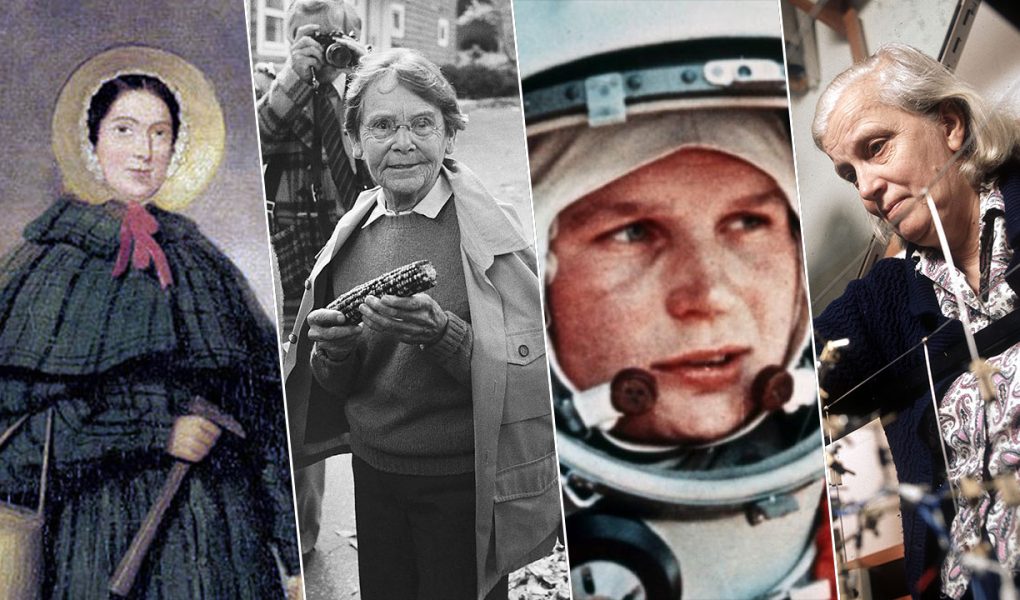kickstand-project.org – Throughout history, women have often been underrepresented in the fields of science and research. Despite this, there have been numerous pathbreaking pioneers who have made significant contributions to our understanding of the world and have paved the way for future generations. These iconic women have not only excelled in their respective fields but have also broken barriers and inspired others to pursue careers in science and research. Below, we highlight some of these remarkable individuals and their contributions.
- Marie Curie (1867-1934)
Marie Curie is one of the most celebrated scientists in history. She was the first woman to win a Nobel Prize and the only person to win Nobel Prizes in two different scientific fields: Physics in 1903 and Chemistry in 1911. Curie’s groundbreaking research on radioactivity laid the foundation for nuclear physics and has had a profound impact on the treatment of cancer and medical imaging. - Rosalind Franklin (1920-1958)
Rosalind Franklin was a British chemist and X-ray crystallographer whose work was crucial in determining the structure of DNA. Her X-ray diffraction images of DNA provided the crucial evidence that led James Watson and Francis Crick to propose the double helix structure of DNA. Franklin’s contributions to molecular biology were immense, although they were not fully recognized until after her death. - Barbara McClintock (1902-1992)
Barbara McClintock was a geneticist who made groundbreaking discoveries in the field of cytogenetics, the study of the relationship between chromosomes and genes. She was the first to identify genetic transposition, the ability of genes to change position on the chromosome. McClintock was awarded the Nobel Prize in Physiology or Medicine in 1983 for her work, which has had a profound impact on the understanding of genetic variation and evolution. - Jane Goodall (b. 1934)
Jane Goodall is a primatologist and anthropologist who is best known for her extensive study of chimpanzee behavior. Her research at the Gombe Stream National Park in Tanzania has transformed our understanding of primate social and family interactions, and her work has been instrumental in the conservation of chimpanzees and other great apes. Goodall’s dedication to animal welfare and environmental conservation has made her a global icon. - Sally Ride (1951-2012)
Sally Ride was an astrophysicist and the first American woman in space. She served as a mission specialist aboard the space shuttle Challenger on two missions, STS-7 in 1983 and STS-41-G in 1984. Ride’s achievements not only broke gender barriers in space exploration but also inspired countless young girls to pursue careers in science and engineering. - Ada Lovelace (1815-1852)
Ada Lovelace is often considered the first computer programmer. She worked with Charles Babbage on his early mechanical general-purpose computer, the Analytical Engine. Lovelace wrote an algorithm for the machine, which would have allowed it to calculate a sequence of Bernoulli numbers. Her work laid the foundation for future developments in computing. - Chien-Shiung Wu (1912-1997)
Chien-Shiung Wu was a Chinese-American physicist who made significant contributions to nuclear physics. She is best known for conducting the Wu Experiment, which contradicted the law of conservation of parity. This experiment was crucial in the development of the Standard Model of particle physics. Despite her significant contributions, Wu was not awarded the Nobel Prize, a decision that has been criticized by many in the scientific community.
These women are just a few examples of the many pathbreaking pioneers who have made significant contributions to science and research. Their work has not only advanced our understanding of the world but has also served as a beacon of inspiration for future generations of scientists. As we continue to celebrate the achievements of women in science, it is important to recognize the challenges they have faced and the barriers they have broken. By highlighting the contributions of these iconic women, we can inspire more young women to pursue careers in science and research, ultimately ensuring a more diverse and innovative scientific community.



